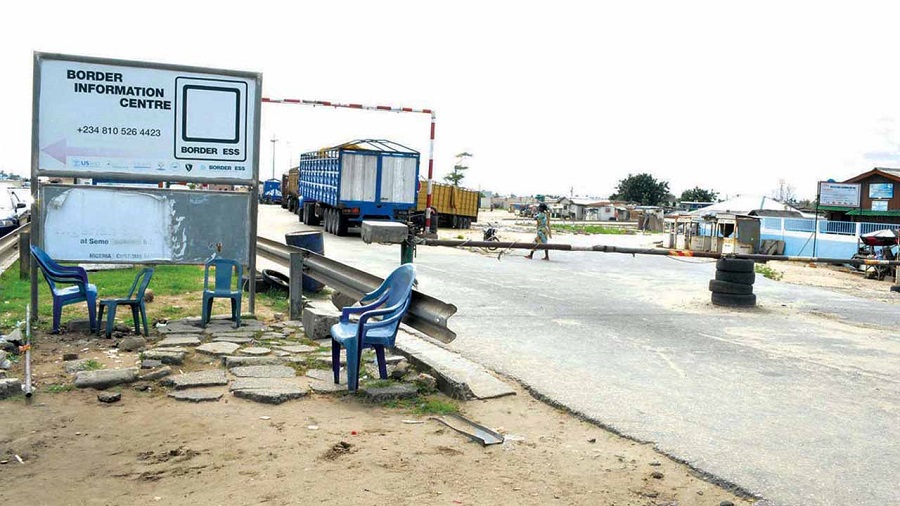Yesterday, the Minister of Finance, Budget and National Planning, Hajiya Zainab Ahmed, during the virtual Federal Executive Council (FEC) meeting announced the immediate reopening of the country’s four major land borders; Seme, Illela, Maigatari and Mfun.
READ: Agro Centric Kogi State is state with highest food inflation rate in Nigeria @24.3%
This action is believed to be in readiness for the operationalisation of the African Continental Free Trade Agreement (AfCFTA) which is scheduled for January 1 2021. She further stated that other land borders will be reopened on or before 31 December 2020. The ban on importation of rice, poultry and other products however, remains in place.
READ: Export of our products in West African sub-region now less competitive – MAN
We recall that last year August, the Federal Government announced the total closure of land borders which was part of its efforts to prevent smuggling of illegal arms, food & agricultural products to stimulate local production (See: CSL Nigeria Daily_15 October; Customs ban imports and exports via land borders). We had stated that the total closure was inadequate to achieve the goal of promoting local production for as long as the local business environment remains hostile.
READ: Leaked letter by Poultry Farmers Association triggered CBN emergency approval to import maize
We also suggested that the government limit the ban to items that were being smuggled where the country has a decent supply level to meet demand. Furthermore, we noted that the total closure of the land borders would result in higher prices of goods especially food items. By implication, food inflation has been on the rise, increasing to 18.30% in November from 14.09% in October 2019 when the full border closure was announced.
READ: Border closure boost sales and profits for Nigeria’s Agroproducers
The last GDP numbers announced also showed a contraction of the trade sector (down 12.1% y/y). We note the steep contraction in the trade sector GDP is reflective of not only covid-19 related pressures but also adverse trade policies such as closure of land borders.
READ: CBN’s revised policy on the dairy industry
We note that while the border closure has negatively affected prices of goods and services, some listed companies in Food processing and Agriculture such as Flour Mills of Nigeria, Dangote Sugar, Presco, Okomu etc have benefitted significantly from the lack of competition from smuggled products and this has reflected in improved earnings for these firms.
READ: Food and agriculture market in Africa to rise above $1 trillion by 2030 – AfDB President
On the other hand, the policy had caused setbacks for Nigerians whose major business activities had depended on the land borders such as the cement producers, manufacturers, freight forwarders and transporters and many other companies with a viable export business. There have been reports that many manufacturers have closed down their export segments because of the border closure.
READ: Lagos says 2020 land use charge law is people friendly, introduces self-billing method
In our opinion, opening of the land borders is a welcome development as it will positively influence the prices of goods in the short to medium term in light of the economic shocks caused by the pandemic and the recent food scarcity brought about by poor harvests, incidences of flood and insecurity in the food-producing regions especially amidst expectations of increased demand during the Christmas festivities.
READ: CBN strongly denies establishing a poultry farm to support its monetary policies
That said, opening of the borders without effective strategies in place to combat smuggling may see a reversal of the fortunes of the companies that had previously benefitted from the border closure.
READ: Central Bank says monetary policy not to blame for rising food cost
CSL Stockbrokers Limited, Lagos (CSLS) is a wholly owned subsidiary of FCMB Group Plc and is regulated by the Securities and Exchange Commission, Nigeria. CSLS is a member of the Nigerian Stock Exchange.













